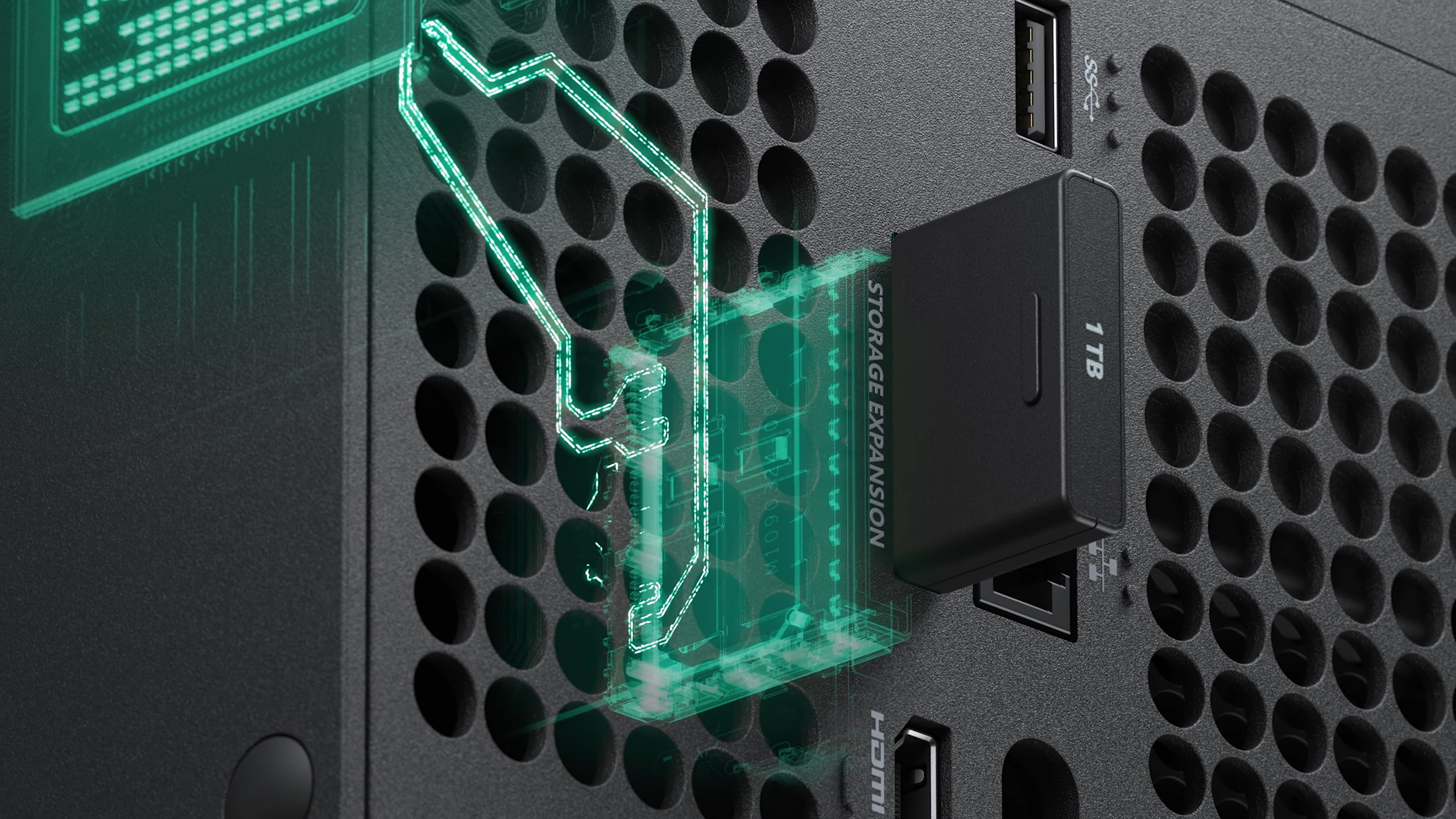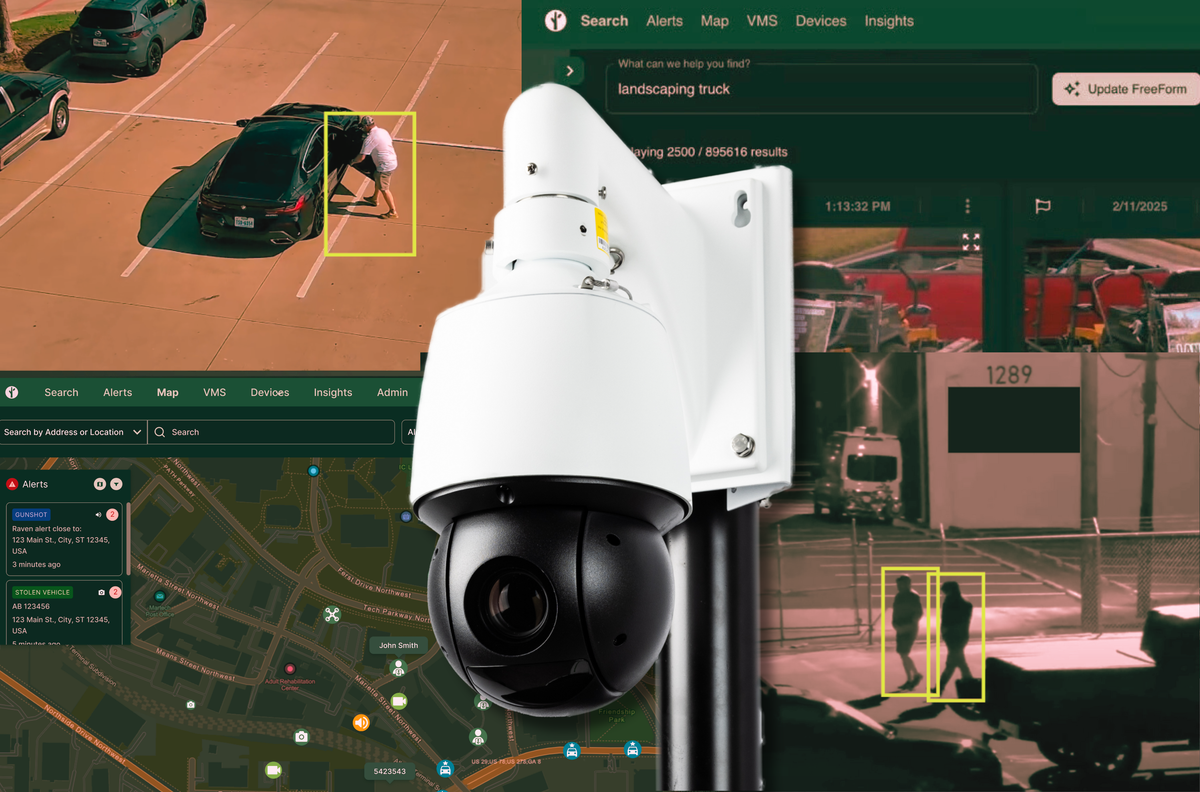Signal – an ethical replacement for WhatsApp
-
You can help making it stronger. That’s what I did in Germany: if people want to contact me, I usually give them my Threema ID first, everything else comes later.
But my goal is not to move to Threema, my goal is to move away from Whatsapp.
Signal fits the bill while expending far less social capital convincing people to use it. -
Sadly many still don't want to switch. My most active chats are in signal now but the large majority of chats are still on whatsapp
If you leave WhatsApp, your chats will usually follow.
-
If you leave WhatsApp, your chats will usually follow.
Not all of them.
I have a non-official chat group with some colleagues, and a chat group for the neighbourhood that are not likely moving just because I am refusing to use Whatsapp. It would just result in me missing out on those chat groups.
Currently I just have both installed, and that is also how I try to convince people to install and try out Signal.
-
Overdramatic blog post,sorry. I can't stand the whole "fremmium" crybabies that then literally recommend the next freemium or "non transparent funding model" service.... And don't understand the fundamental difference between the Protocol and one of its implementations.
Matrix as a protocol is solid and is used far beyond the Matrix messenger. (e.g. the French and German governmental messenger, the German healthcare messenger,various armies,etc.)
With a lot of commits coming from there - but not enough funding,that is definitely an issue.The current issue with Freemium is solely limited to the matrix.org instance. There are hundreds of federated instances out there that aren't Freemium and won't have the need to go that way as they are funded differently.(e.g. the Lemmy Instance I am currently writing from, feddit - we are financed through other means)
As they are federated it doesn't matter - and honestly, I personally tend to see this as a good thing - it will lead users away from matrix.org towards other instances, making the whole network more reliable and decentralized.There are two other issues that are relevant, though:
The way the foundation is run is not ideal, definitely - there are and were issues and I am not happy with some management decisions, but at least they are getting somewhat better recently (government board). The whole protocol does not evolve as fast as it should be and this is an issue,especially as a it also affects bug fixing.
As an executive for a (much smaller) company myself I see management issues and infighting due to lack of leadership within the foundation and I am not happy with that.
The second issue is Element as a company that does things companies do - focus on making money. This in theory would be a good thing if Element would send enough money AND effort upstream to seriously bring the whole project forward. For a long time this seemed to be the case,but licensing issues and the "stale" development off Element X(Matrix 2.0) has me questioning that as well - but recent changes show us hope in that regard.
We also need to carefully reconsider if element is keeping too much"closed" source code for monetized features and what influence VC really has.
In conclusion: We need better leadership for Matrix,more transparency and more funding.The good news is: It doesn't mattter too much - if the current foundation fucks up and goes belly up it is not the end of Matrix - the protocol is decentralized enough and the licencing of the core components permissive enough for another (better?) foundation to start over. There are dozends of clients available and we have alternative servers available by now.
The funding part nevertheless is my major pet peeve here.
All around Europe governments try to get rid of US tech - and use Matrix protocol based products. But they hardly if ever fund that. If Germany, France, Poland and Luxembourg (the big users) would give 5€ per year for each client they implement all issues with funding would be gone, Matrix 2.0 would be available in a few months, VC could be pushed out of elements AND they could mandate more transparency.The issue with funding is relevant for all NGOs and especially in tech. Running servers costs a fuckton of money.
Signal has a respectable amount of backers but is a centralized protocol and when Trump does something shady moneywise their infrastructure,money and possibly even people will be gone within 24 hours.
Threema has a more sustainable business model but Switzerland is,well, difficult, in terms of privacy and intelligence services overreach, especially towards traffic pointing to foreign servers or hosts.
Revolt is a centralized service with no federation,limited selfhosting capabilities,with unclear funding(we are waiting for a financial transparency report for ages now).
Polyproto is still not quite there feature wise and funding, etc. is unclear.
Delta Chat is indeed an option but has massive technical limitations.
That leaves XMPP as the sole big competition if you want non-centralised, non-US based, privacy friendly, messaging.
-
I don’t know - this hype about Matrix reminds me of XMPP which was similarly popular a decade ago. Today, nobody even remembers it anymore.
Pepperidge farm remembers, and so do I. Lots of people I know use XMPP (Cheogram, Dino, etc).
-
I don’t know - this hype about Matrix reminds me of XMPP which was similarly popular a decade ago. Today, nobody even remembers it anymore.
Which hype? Matrix as a protocol is used for a decade now, especially by various big governments (French, Luxembourg and German governmental messenger, various German states, German and Polish armed forces, German healthcare messenger, various smaller projects in Latin America), is bridgeable (I currently have it bridged to Whatsapp and Signal amongst others) but I really don't see a hype - on the contrary I only see people predicting me the immediate apocalypse of Matrix for 5 years now, currently due to matrix.org (one of a hundred instances) introducing a premium account model for the most cost intensive (heavily media sharing)users.
(See below for that). -
This post did not contain any content.
I like Signal. I even got all my close friends and family on it, specifically to message me because I won't use whatsapp. The PIN reminders are annoying it enough to be legitimately holding it back from mass appeal imho
-
This post did not contain any content.
Proprietary servers is still proprietary software
-
Proprietary servers is still proprietary software
Don't let perfection stand in the way of good enough
It may not be the holy grail, but moving away from Meta-owned Whatsapp is already a pretty significant improvement -
signal not being on fdroid is a strike against them
Fair. There is Molly on fdroid if you like.
-
When you've been around a while, you begin to notice certain trends.
This particular trend being the one where the young, bright, ethical start-up turns into the sort of monster they originally rallied against, ensh*ttifying their product and spouting all the same reasons for it.
Signal is relatively young, bright and ethical. The cynic says "for now".
That's pretty much the only advantage of getting old.
-
I like Signal. I even got all my close friends and family on it, specifically to message me because I won't use whatsapp. The PIN reminders are annoying it enough to be legitimately holding it back from mass appeal imho
Turn them off
-
This post did not contain any content.
I don't use Signal because they don't release the app in F-Droid. Signal devs refuse to release the app outside of Google Play Store, which is very evil.
-
Signal used to be the best answer to this conundrum, since it would use its own internal protocols if it could or fall back to SMS if it couldn't, unfortunately they decided to drop SMS support a few years ago, citing users that sent sensitive information not realizing they were using SMS (that always felt kinda flimsy). I really disliked this change, because it raised the difficulty of adoption, from just getting people to replace their default app with Signal to making them manage multiple apps.
Now though, you basically need to advocate socially for the change you want to see in the world. Anecdotally, I started using Signal when they still supported SMS to talk with 1 friend group, and eventually convinced most of my closest family groups to also use it, many after SMS support was dropped. Apart from 1 tech illiterate elderly couple and 1 extended family member, I haven't received any personal (non-company related) text messages in like 5 months.
The sad truth is that the majority of people are treating WhatsApp exactly as a social network. It is there to send memes and stickers. See what others are up to without having to interact. Then mindlessly scroll through reels. Ocassionally purchase something via chat with a corporate bot.
-
Turn them off
The fact that it's opt-out is already a reason to push people away from the app
-
The fact that it's opt-out is already a reason to push people away from the app
I think it was meant as a security feature in case someone picked up your unlocked phone. It perhaps someone cracked your front screen passcode.
I know if you forget your password and have to reset it you lose all previous conversations. It’s very secure this way. Bit of a pain.. but secure. -
This post did not contain any content.
Wasn't WhatsApp essentially built from Signal's base protocol anyway? Why use the meta clone when the original is right there?
-
I don't use Signal because they don't release the app in F-Droid. Signal devs refuse to release the app outside of Google Play Store, which is very evil.
You can download the APK once from the website, after that it updates automatically.
https://signal.org/android/apk/ -
I think it was meant as a security feature in case someone picked up your unlocked phone. It perhaps someone cracked your front screen passcode.
I know if you forget your password and have to reset it you lose all previous conversations. It’s very secure this way. Bit of a pain.. but secure.That’s not even what it is lol.
And as the other commenter alluded to, defaults matter. You’re not replacing the thing everyone is already using by pitching “here’s an alternative that is better in ways which don’t affect your usage at all, and also you have to dig into the settings to turn off the optional daily popups”
-
I don't use Signal because they don't release the app in F-Droid. Signal devs refuse to release the app outside of Google Play Store, which is very evil.
I use obtainium to install it and it works flawlessly. The reason they don't publish it elsewhere is due to licences and push notifications iirc
-
Millions of Americans Who Have Waited Decades for Fast Internet Connections Will Keep Waiting After the Trump Administration Threw a $42 Billion High-Speed Internet Program Into Disarray.
Technology 1
1
-
Computer says no: Impact of automated decision-making on human life; Algorithms are deciding whether a patient receives an organ transplant or not; Algorithms use in Welfare, Penalise the poor.
Technology 1
1
-
-
-
-
What were the MS-DOS programs that the moricons.dll icons were intended for? - The Old New Thing
Technology 1
1
-
-




